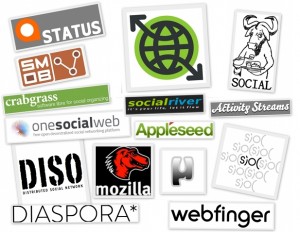This is Robert Steele's core phrase, apart from the two Latin mottos (at end).
“The truth at any cost lowers all other costs.”
Citation (2 options):
Robert Steele, “About” at Phi Beta Iota the Public Intelligence Blog, 4 July 2010.
Robert Steele, “Cyber-Command or IO 21,” US Army Information Operations Conference, 6 April 2011.
It was inspired by Herman Daly and other champions of “true cost” and ecological economics. Also influencial were these two quotes as found on the About page of Phi Beta Iota the Public Intelligence Blog.
Fedor Dostoevsky: A man who lies to himself, and believes his own lies, becomes unable to recognize truth, either in himself or in anyone else.
Bob Seelert, Chairman of Saatchi & Saatchi Worldwide (New York): When things are not going well, until you get the truth out on the table, no matter how ugly, you are not in a position to deal with it.
Latin mottos
E Veritate Potens. From Truth We (the People) Are Made Powerful. Created for OSS.Net, Inc.
Connexum Sumus Unum. Connected, We Are One. Created for Earth Intelligence Network, 501c3.
Still need a Latin scholar to certify the new one (Connexum…)






